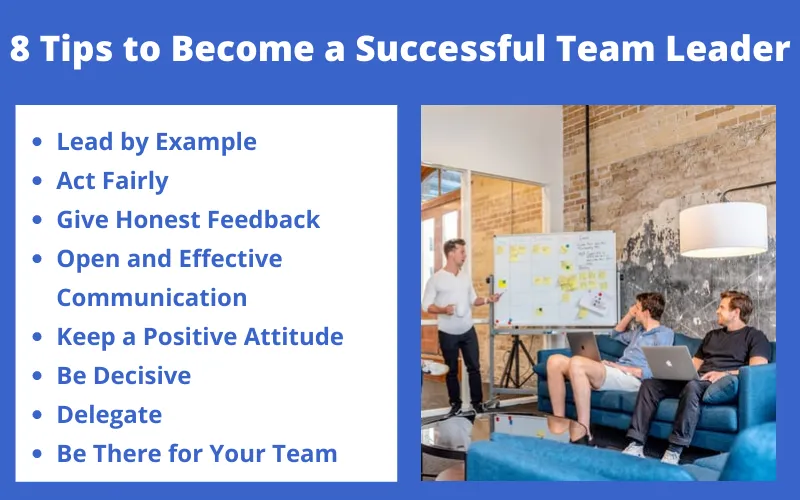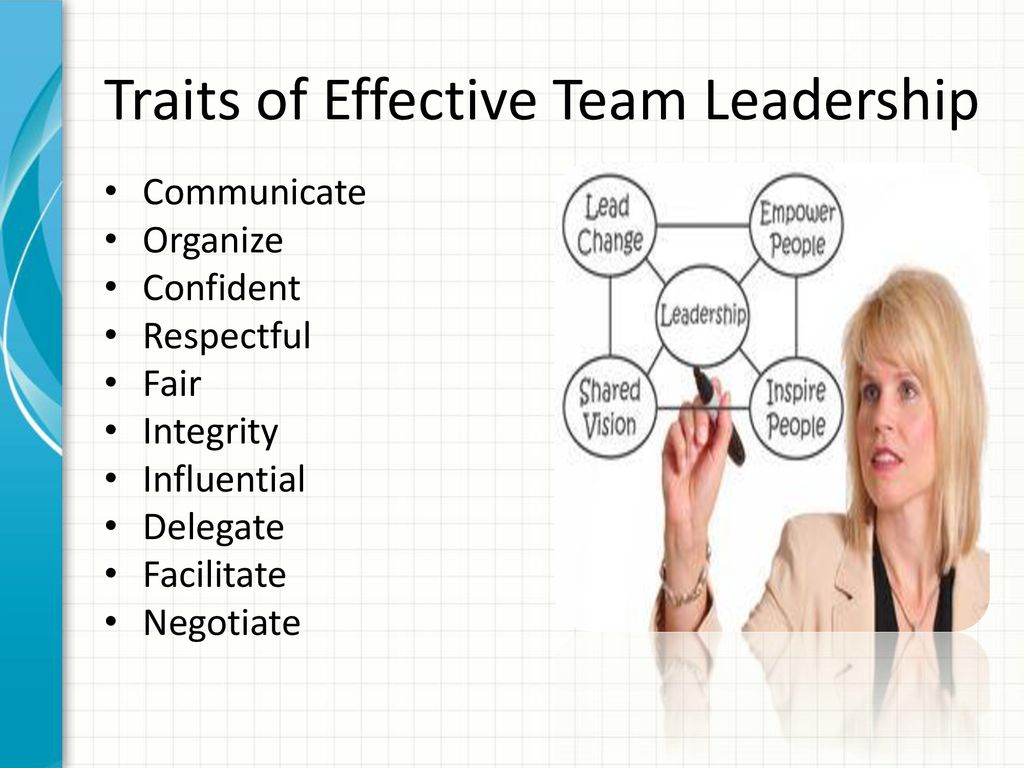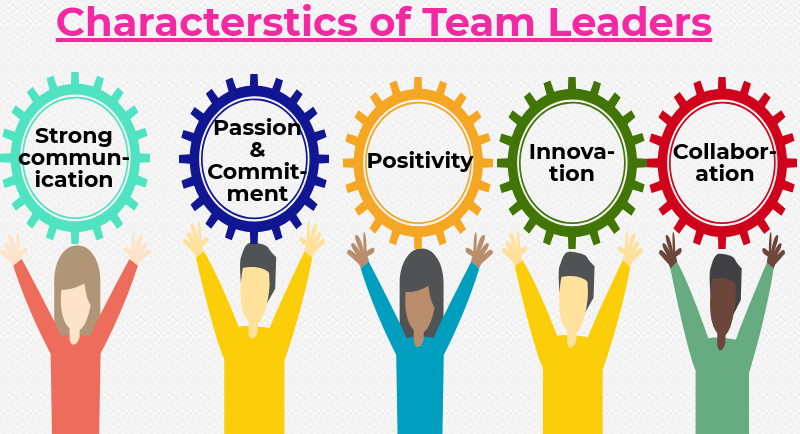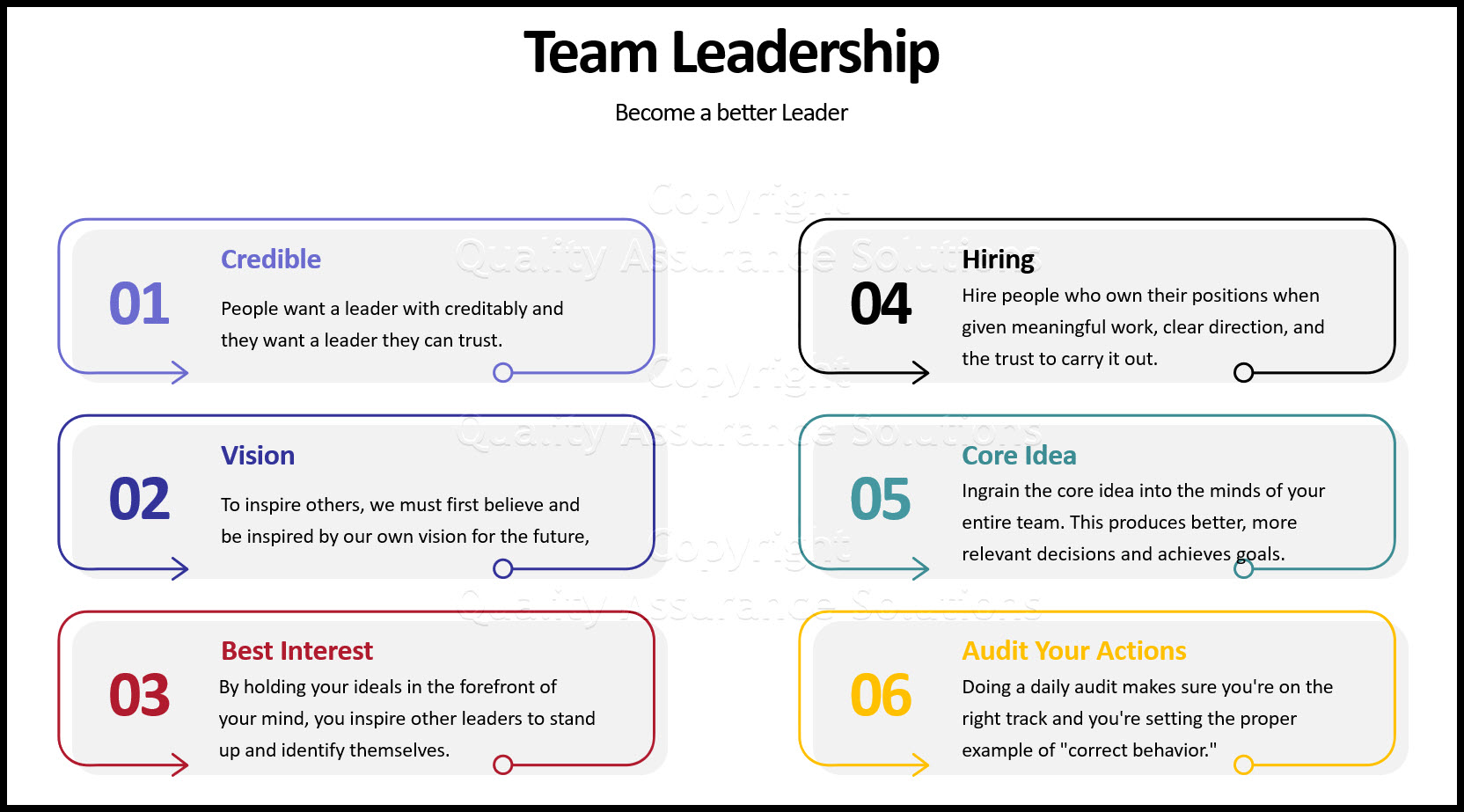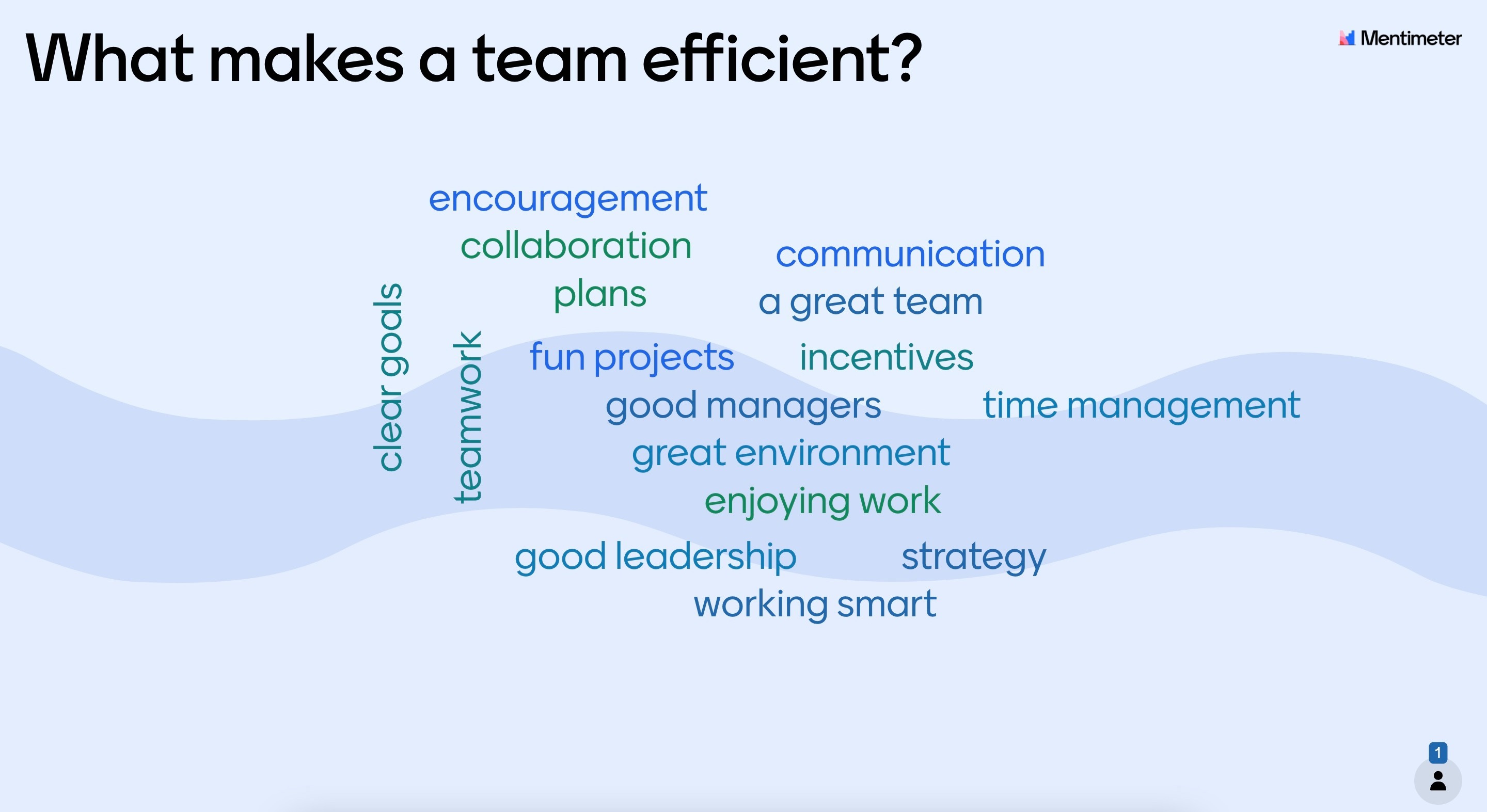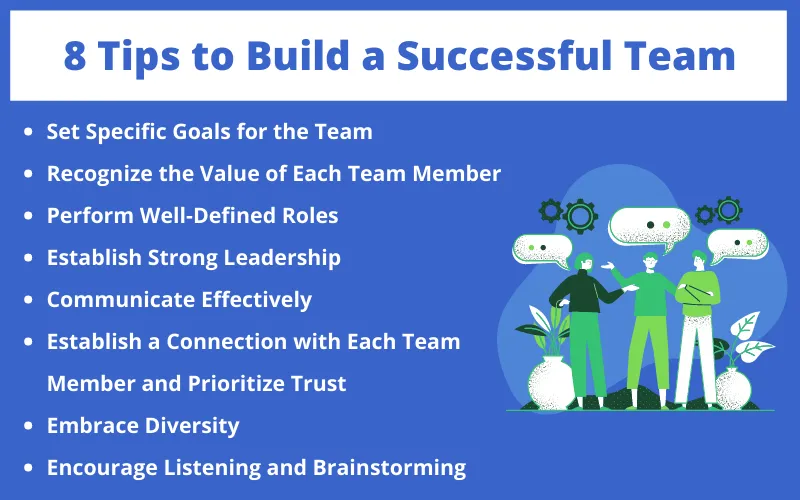How To Become A More Effective Team Leader
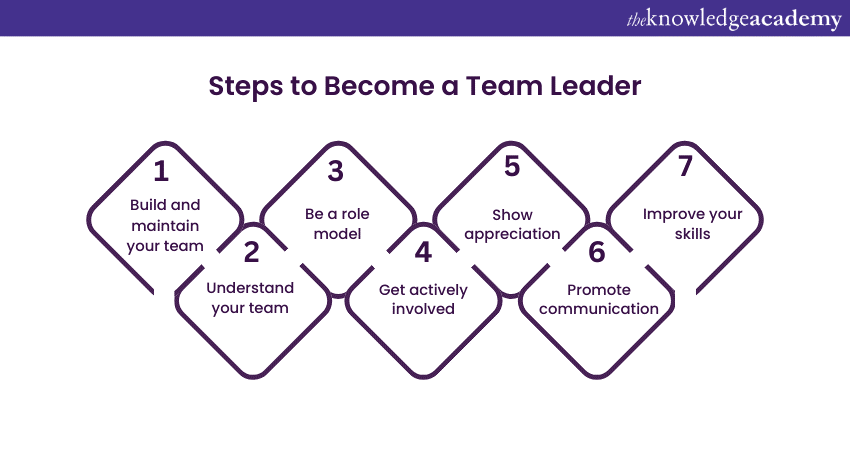
In today's dynamic work environment, effective team leadership is more crucial than ever. Leaders are expected to navigate complex challenges, motivate their teams, and drive successful outcomes. But what are the concrete steps individuals can take to enhance their leadership skills and cultivate a high-performing team?
This article delves into practical strategies and insights for becoming a more effective team leader. It examines key areas such as communication, delegation, conflict resolution, and emotional intelligence. By focusing on these essential elements, aspiring and current leaders can significantly impact their team's performance and overall organizational success.
Mastering Communication: The Cornerstone of Leadership
Effective communication is arguably the single most important skill for any leader. Clear and concise communication ensures that team members understand expectations, goals, and feedback. This includes active listening, which involves fully concentrating on what others are saying, understanding their perspectives, and responding thoughtfully.
Regular team meetings, one-on-one conversations, and transparent updates are crucial. Utilize various communication channels, such as email, instant messaging, and video conferencing, to cater to different communication preferences. According to a 2023 report by Gallup, teams with managers who communicate effectively are significantly more engaged and productive.
The Art of Delegation: Empowering Your Team
Delegation is not about offloading tasks; it's about empowering team members to grow and develop their skills. Effective delegation involves carefully assessing individuals' strengths and assigning tasks that align with their capabilities. Provide clear instructions, set realistic deadlines, and offer the necessary resources and support.
Trusting your team to take ownership of their work fosters a sense of responsibility and accountability. Regular check-ins can help identify any challenges and provide guidance without micromanaging. Remember that mistakes are opportunities for learning and growth.
Conflict Resolution: Navigating Disagreements Constructively
Conflict is inevitable in any team environment. However, how a leader handles conflict can significantly impact team dynamics. Effective leaders address conflicts promptly and fairly, creating a safe space for team members to express their concerns.
Mediation, facilitation, and encouraging open dialogue are valuable conflict resolution techniques. Focus on finding mutually agreeable solutions rather than assigning blame. According to the Chartered Institute of Personnel and Development (CIPD), unresolved conflict can lead to decreased morale, productivity, and increased employee turnover.
Emotional Intelligence: Understanding and Managing Emotions
Emotional intelligence (EQ) is the ability to understand and manage your own emotions and the emotions of others. This includes self-awareness, self-regulation, empathy, social skills, and motivation. Leaders with high EQ are better equipped to build strong relationships, inspire their teams, and navigate stressful situations.
Cultivating empathy involves putting yourself in others' shoes and understanding their perspectives. Practice active listening, show genuine interest in your team members' well-being, and provide constructive feedback. According to Daniel Goleman, a leading expert on EQ, emotional intelligence is a key predictor of leadership success.
Continuous Learning and Development
The journey to becoming an effective team leader is ongoing. Embrace continuous learning and development to stay ahead of the curve. Seek out opportunities for training, mentoring, and networking. Read books, attend workshops, and participate in online courses to expand your knowledge and skills.
Seek feedback from your team members and use it to identify areas for improvement. A 360-degree feedback assessment can provide valuable insights into your leadership style and its impact on others. By embracing a growth mindset, you can continuously refine your leadership skills and become a more effective leader.
Becoming an effective team leader requires a multifaceted approach that encompasses strong communication skills, the ability to delegate effectively, proficiency in conflict resolution, and a high degree of emotional intelligence. By focusing on these key areas, individuals can cultivate a positive and productive team environment, drive successful outcomes, and inspire their teams to achieve their full potential. The investment in developing these leadership skills will undoubtedly yield significant returns for both the individual and the organization.
